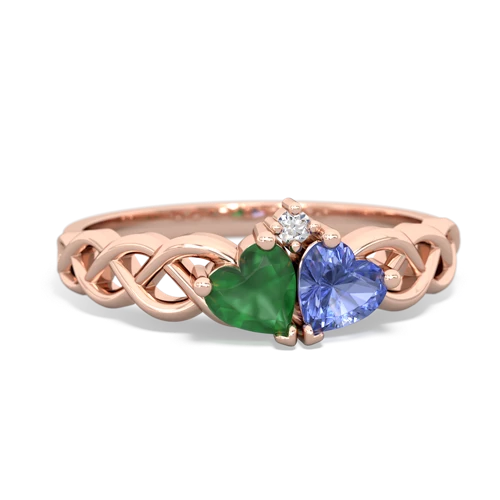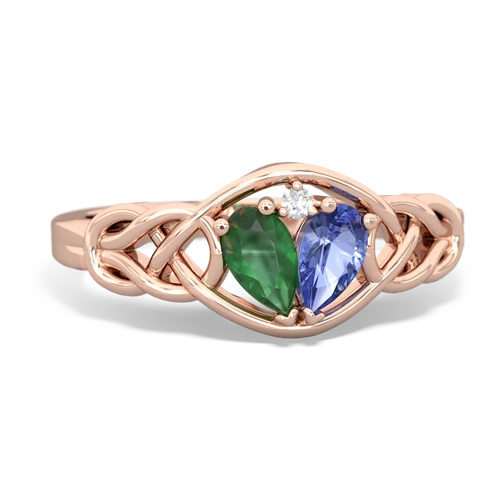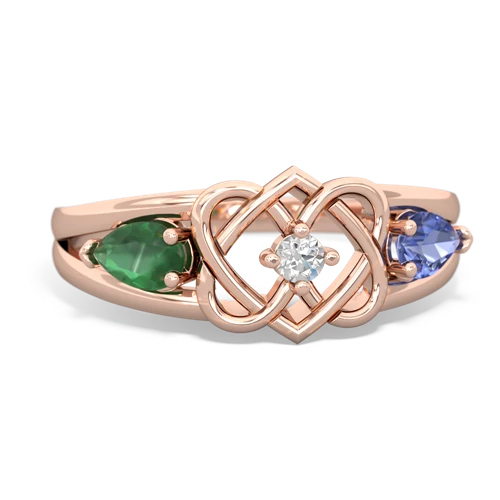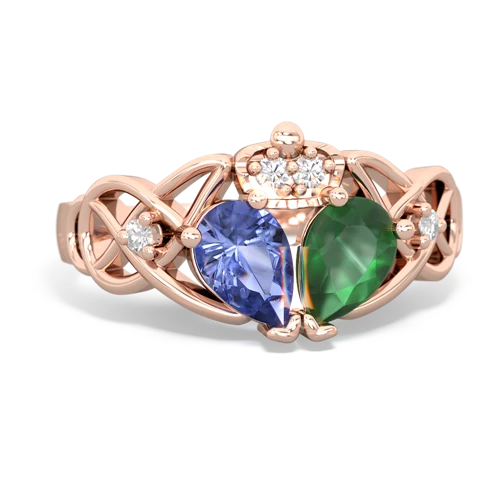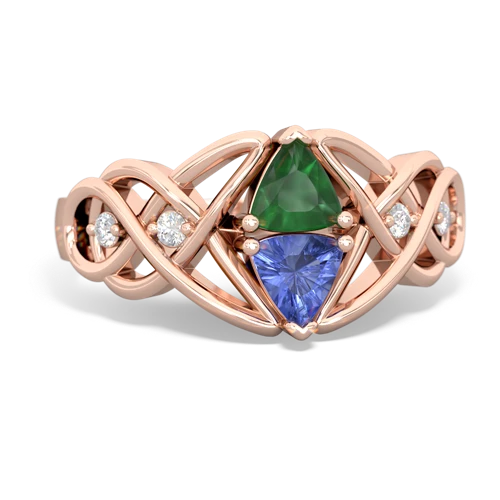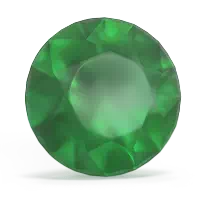
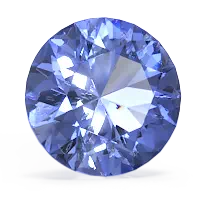
The celtic knot is an ancient symbol of the journey of life. With no beginning and no end, the knot represents the timeless nature of our spirits and the world we live in. A Emerald celtic knot combines these concepts with the spiritual attributes of the Emerald . The birthstone of May, an emerald ring symbolizes the eternally returning spring. The velvety green color of emerald is a perfect match for spring and summer fashions. Tanzanite is the new birthstone of December and has a unique purple-blue color. A tanzanite ring is one of the newest fashion trends and is a must for any jewelry collection.
